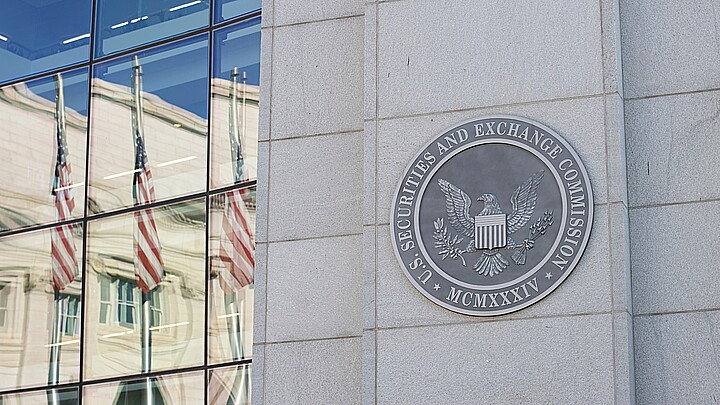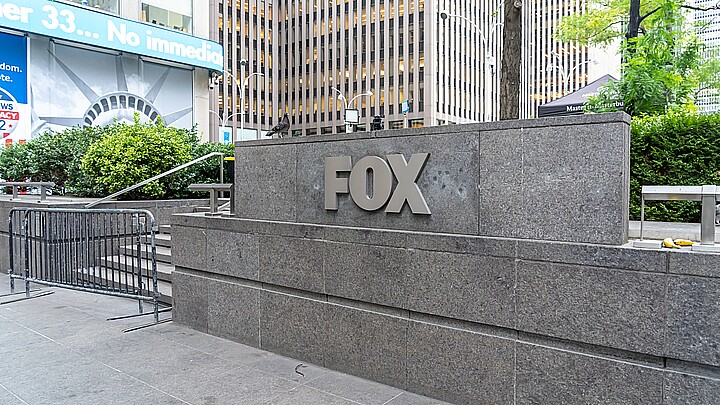Business
New York plans to spend $450 million to jump start tourism, hospitality sectors
New York’s tourism and hospitality businesses, which have been among the establishments most affected by government restrictions during the COVID-19 pandemic, stand to benefit from a $450 million relief package unveiled by Gov. Kathy Hochul.
November 12, 2021 12:09pm
Updated: November 13, 2021 7:33pm
New York’s tourism and hospitality businesses, which have been among the establishments most affected by government restrictions during the COVID-19 pandemic, stand to benefit from a $450 million relief package unveiled by Gov. Kathy Hochul.
The “Bring Back Tourism, Bring Back Jobs” initiative is a combination of grant programs, relief funding and marketing endeavors designed to help both businesses and workers.
Hochul unveiled the plan in New York City on Monday, the same day the federal government allowed fully vaccinated foreign tourists to enter the country for the first time since the health emergency began.
The ban on most foreign visitors for 20 months had a significant impact on New York’s third-largest industry. According to a release from Hochul’s office, the tourism and hospitality sector accounted for about 10% of the state’s workforce in 2019 and produced a $100 million economic impact.
In 2020, international travel declined by 86%, and domestic travel dropped by 37%. As a result, tourists’ direct spending dropped by 55%, and the overall economic impact was nearly half of what it was in 2019.
Even as domestic travel picked up as COVID-related restrictions were eased, it didn’t pick up all the slack. Speaking at the Museum of Natural History, Hochul mentioned the hotel occupancy rate is still down 20% statewide from pre-pandemic levels. In New York City, it’s down 30%.
“The hotels are not back,” she said. “Our tourism-related businesses, like charter buses that used to transport people from the city across the state to Niagara Falls, they’re not back. The cleaners of the hotels. There are so many jobs that are still not back yet, and we cannot be blind to this any longer.”
The state will spend $100 million to give up to 36,000 qualified tourism workers one-time payments of $2,750. The state will notify those eligible via text messaging or emails.
Another $100 million will be allocated for tourism businesses that were forced to let workers go during the pandemic. Eligible companies will receive grants of up to $5,000 for each net new full-time worker hired or $2,500 for each net new part-timer hired. The grant money is meant to help companies reduce their labor costs, and companies will receive the full amount if they maintain the increased employment figures for six months.
Greater New York Chamber of Commerce President and CEO Mark Jaffe said he’s convinced the funding will help tourism-related businesses.
“It makes sense to provide incentives for tourism-based businesses… so that they can hire the new employees that they desperately need,” Jaffe said. “We can only boost employment in the tourism sector by providing pay incentives for those who are willing to go back to work as we come out of the pause.”
The state also has set aside $200 million for businesses that opened just before or during the pandemic, with the funding coming from an $800 million small business recovery program for businesses that were not eligible for other state or federal COVID-relief initiatives.
Tourism and convention attraction efforts will get $50 million. Convention and conference centers will be able to apply for $25 million in grants to land new events that generate hotel stays. The grant money will help the venues and their hotel partners to recoup some of the discounts offered to convention-goers.
The remaining $25 million will be spent on an “I LOVE NY” global marketing drive to promote the state in select U.S. and international markets.
“The return of tourism is vital to the growth and sustainability of our economic future, and these new initiatives will help us revitalize this struggling industry,” said Kevin Younis, the COO and executive deputy commissioner for Empire State Development.









